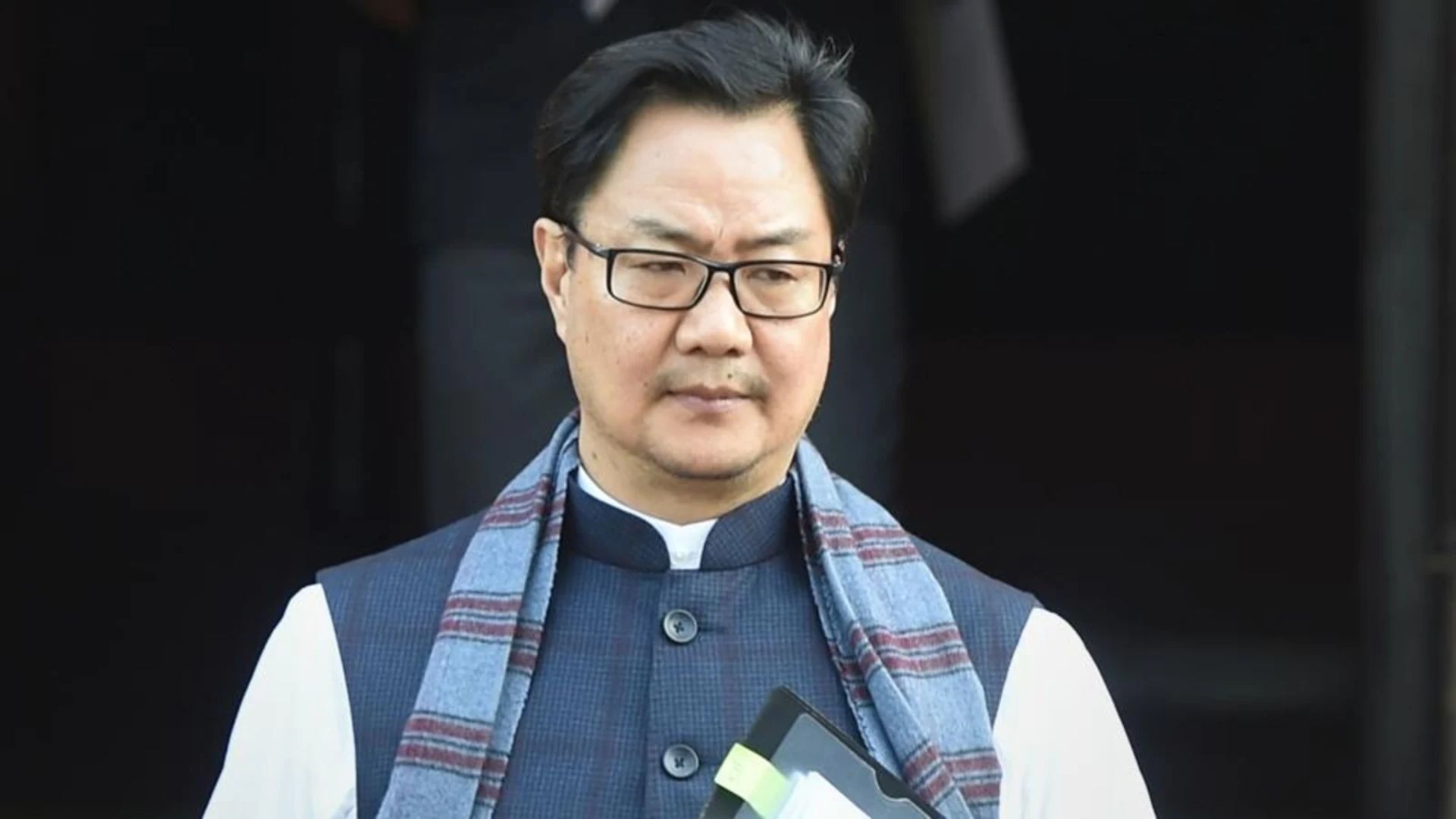As the government prepares to introduce the Waqf Bill in Parliament, Union Minister of Minority Affairs Kiren Rijiju has made strong remarks, accusing some political and religious leaders of misleading the Muslim community for their own benefit. Rijiju’s statement comes at a time when the proposed amendments to the Waqf Act are expected to spark debate among political parties and community leaders.
Muslims Being Misled, Says Rijiju
Addressing the concerns surrounding the Bill, Rijiju said that certain leaders were deliberately spreading misinformation to create fear among Muslims.
“Some leaders, including some religious leaders, are misleading innocent Muslims. The same people said that CAA (Citizenship Amendment Act) would take away the citizenship status of Muslims, but nothing like that happened,” Rijiju stated.
The minister’s comments referred to the protests and opposition that followed the introduction of the CAA, where several groups claimed that the law would marginalize Muslims in India. However, Rijiju maintained that no such consequences had occurred, reinforcing his argument that false narratives were being pushed for political gain.
Opposition Accused of Vote Bank Politics
Rijiju also pointed fingers at opposition parties, particularly the Congress, alleging that while some of their leaders privately acknowledge the need for the proposed changes in the Waqf Act, they are publicly opposing the Bill to maintain their voter base.
“Many Congress leaders and opposition parties privately say that this Bill is needed, but they are opposing it for vote bank,” he added.
This claim suggests that the ruling party believes political considerations are preventing a rational discussion on the Bill. If true, it could mean that opposition parties are torn between legislative practicality and electoral strategy.
What Is the Waqf Bill?
The Waqf Bill, which is being introduced in Parliament, is aimed at bringing reforms to the management of waqf properties—land and assets dedicated for religious or charitable purposes in Islam. Waqf properties are governed by the Waqf Act, which has been amended several times over the years to address concerns related to transparency, administration, and misuse of such properties.
The government argues that the proposed amendments will bring greater accountability and efficiency in the management of waqf assets, ensuring that they serve their intended religious and community purposes rather than being misused or disputed.
Debate and Reactions Expected
As the Bill is tabled in Parliament, heated discussions are expected between the ruling party and the opposition. While the government insists that the amendments are necessary for better governance of waqf properties, opposition parties and some community leaders might push back, citing concerns over the intentions and possible impact of the new provisions.
The reaction from Muslim organizations, legal experts, and social activists will also play a key role in shaping the discourse around the Bill. The government will likely have to address concerns and clarify its stance to ensure smooth passage of the legislation.
A Pattern of Political Controversy?
This is not the first time the BJP-led government has faced allegations of introducing policies that some groups view as controversial regarding minority affairs. The CAA and NRC (National Register of Citizens) debates were also marked by nationwide protests and concerns over Muslim citizenship rights. However, the government has maintained that its policies are meant for national security and administrative efficiency rather than targeting any specific religious group.
With Rijiju’s strong remarks setting the stage for political clashes, all eyes will now be on Parliament, where the fate of the Waqf Bill will be decided in the coming days.























